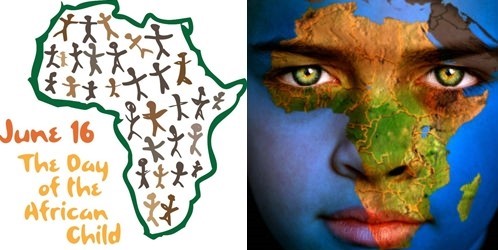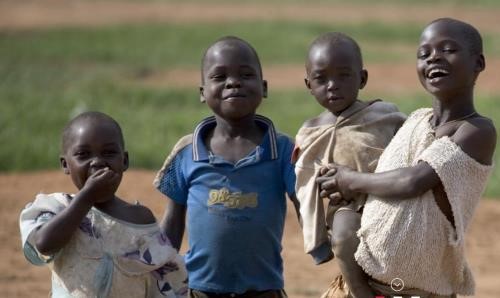
World African Children’s Day
Happy
despite millions still living a stolen childhood
The date – as we highlighted last year – commemorates the 1976 march in Soweto, South Africa, in which thousands of schoolchildren took to the streets to protest against the poor quality of education for blacks under the apartheid regime. They demanded to be able to study in their native languages, in opposition to a new law that imposed the teaching of English and Afrikaans as equal languages in schools, to the detriment of all indigenous languages and dialects.
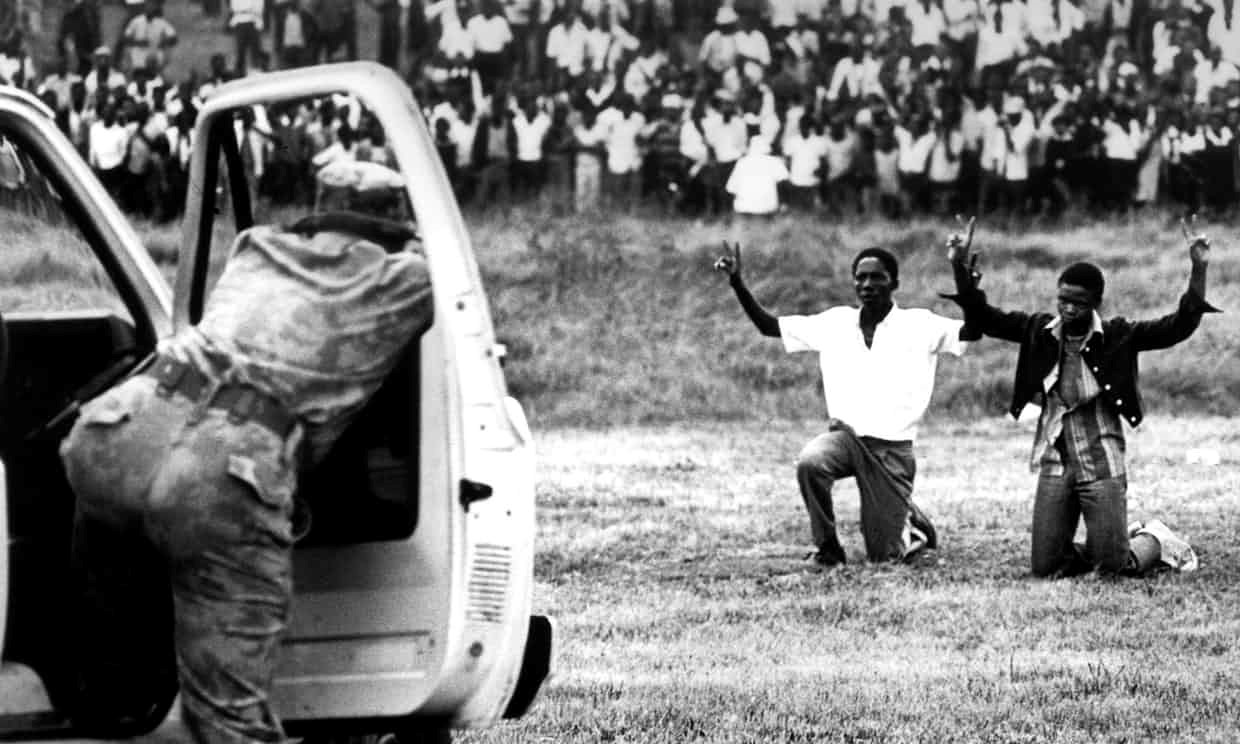
The regime ordered the shooting of demonstrators, massacring hundreds of boys and girls.
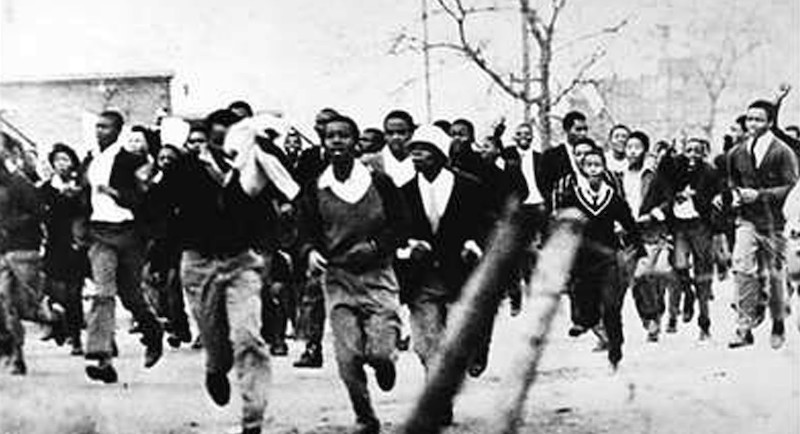
To honour the memory of the victims, 16 June has been celebrated since 1991 – first by the Organisation for African Unity (OAU) and then by the entire UN family – as a day to draw attention to the living conditions of children and young people on the continent.
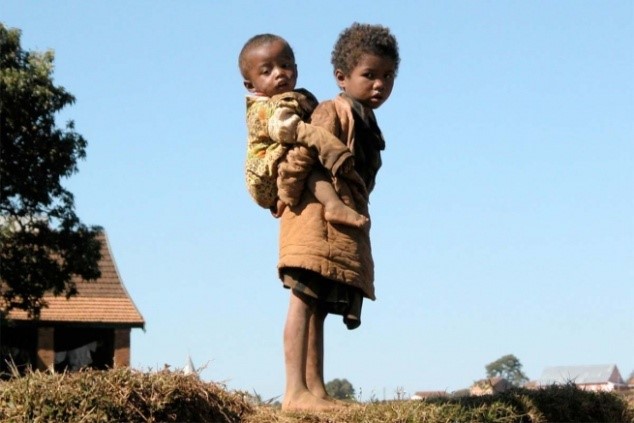
Source: Equatorial Guinea – Daughters of the Sacred Hearts for the World Day of the African Child
Today, the apartheid regime that separated blacks and whites in South Africa no longer exists, it is buried, but the injustices have not disappeared. Throughout the black continent, there are still many problems that compromise the natural development of African children, first and foremost poverty, which increasingly pushes them to emigrate: to get to Italy, for example, they have to overcome terrible trials!
Today we are increasingly aware that children and adolescents of foreign origin, present in various capacities on Italian territory, often face greater educational, relational and socio-economic challenges burdened by higher rates of poverty: their well-being is compromised in many areas including health, education, economic and housing security and future employment opportunities.
BUT THEN… IS THE APERTHEID REALLY OVER?
THE REJECTION POLICIES IN ITALY AND EUROPE WOULD SEEM TO SAY THE OPPOSITE…
